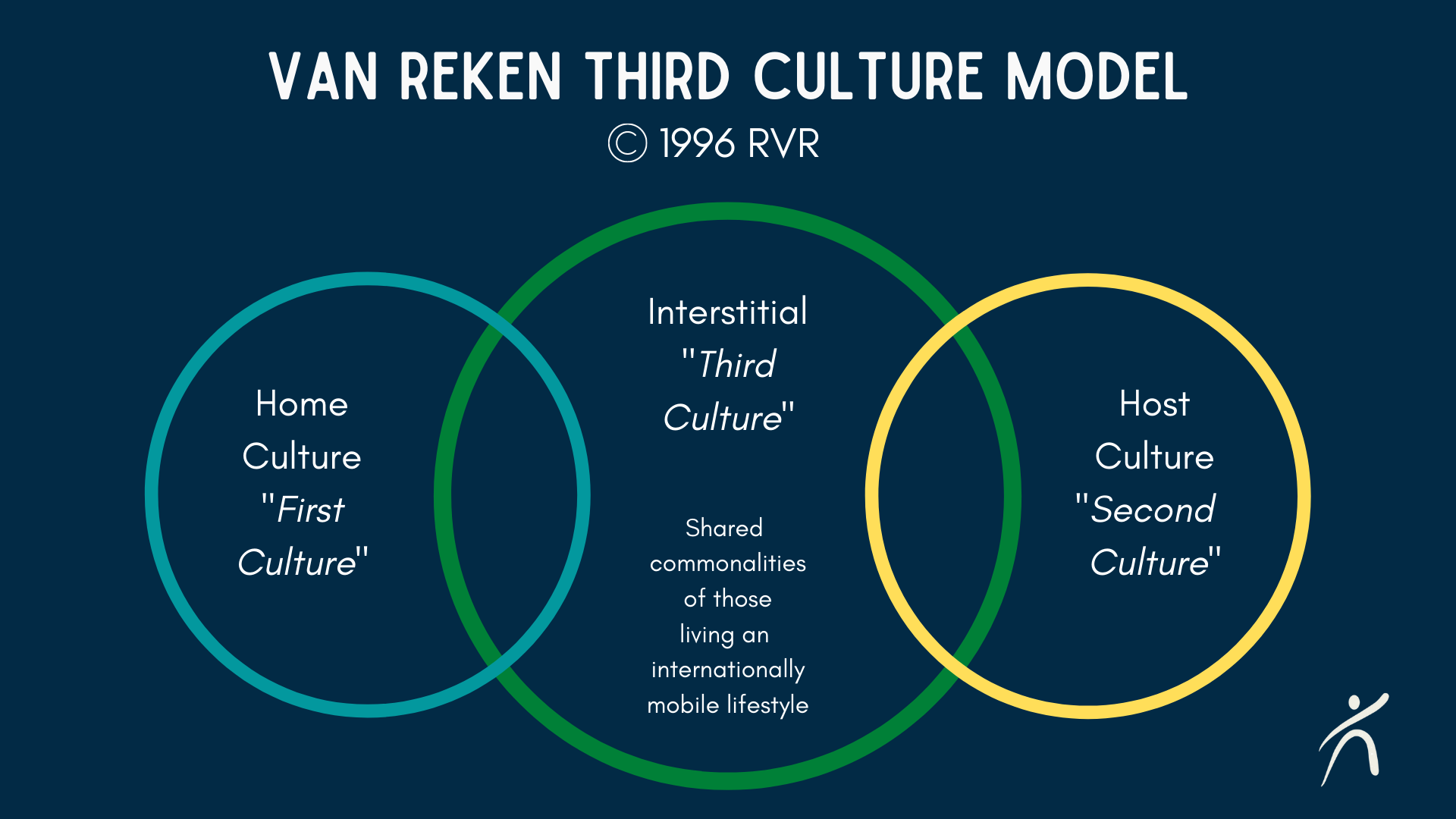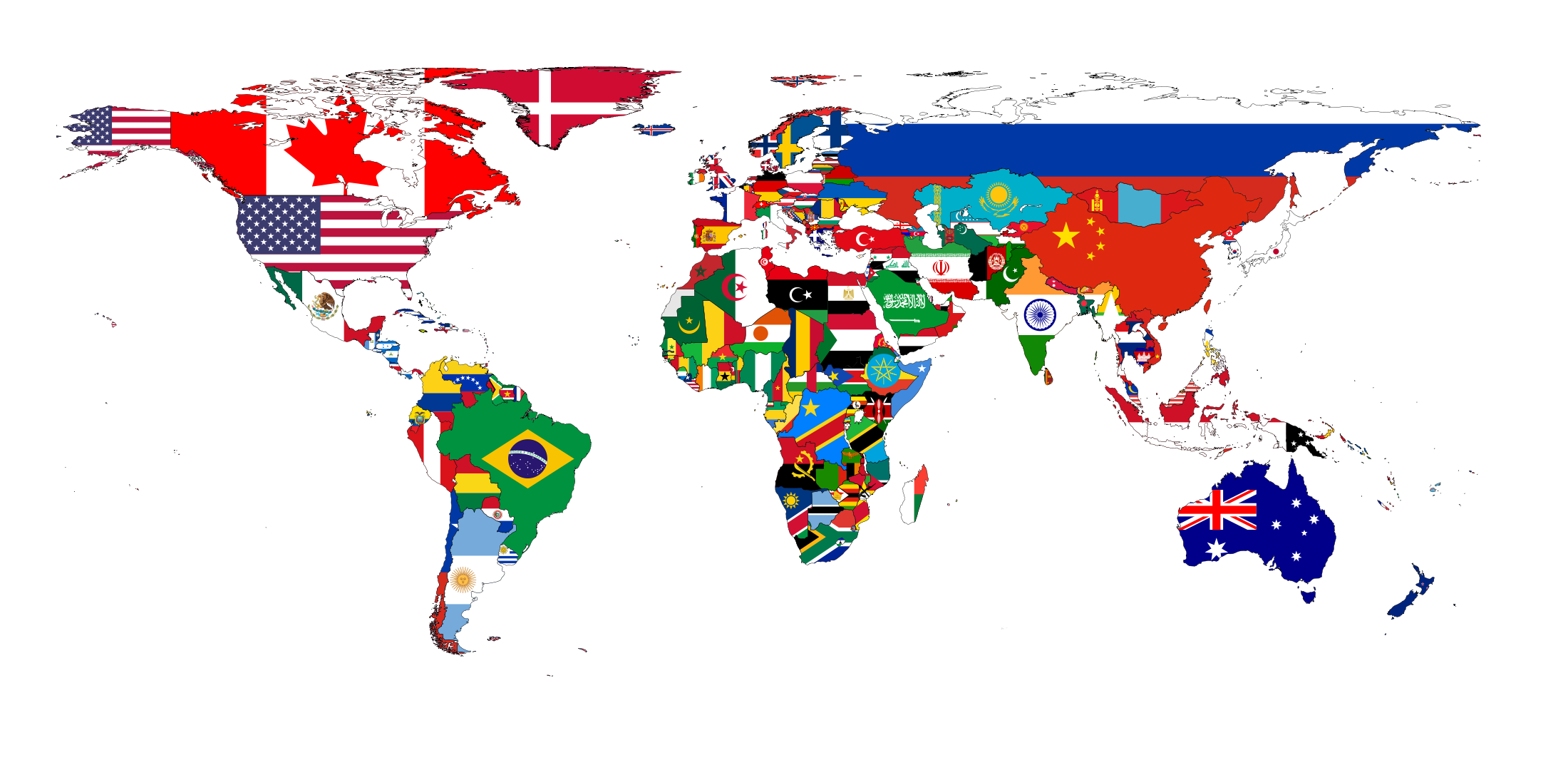
What is Expat Child Syndrome?
The Families’ Guide to Overcoming the
Challenges of a Move Abroad
Relocating abroad can be a life-changing adventure for families. Whether you’re moving for work, lifestyle, or educational opportunities, relocation exposes everyone,especially children,to a new world. While parents may be excited about a career opportunity or eager to start a new life abroad, children are often thrust into this new reality without fully understanding the reasons. They must suddenly say goodbye to their friends, routines, favorite places, and everything that has felt safe and familiar.
This emotional stress can manifest in many ways and is known as Expat Child Syndrome (ECS). It is especially common in children aged 7 to 15, when peer relationships and social identity become crucial. In this expanded guide, we will explore the concept of ECS in detail, provide practical solutions, share stories from expat families in Southeast Asia, and offer country-specific guidance for the Philippines, Thailand, and Vietnam.
What is Expat Child Syndrome (ECS)?
ECS refers to the psychological and emotional difficulties children may face after moving to a foreign country. While it is not a clinical disorder, ECS is widely recognized by expat support networks, educators, and psychologists. Children with ECS may experience grief, depression, anxiety, loss of identity, and behavioral changes. These reactions stem from the loss of their familiar social and cultural environment, and the pressure to adapt to a new one.
Age Matters: How Different Age Groups Experience ECS
– Children aged 3-6
may become clingy, regress in toilet habits, or develop separation anxiety.
– Children aged 7–12
may act out emotionally, express strong homesickness, and resist making new friends.
– Teenagers (13–18)
may experience identity confusion, resentment toward parents, or anxiety over fitting in socially and academically.
Third Culture Kids (TCKs): Unique and Rootless
Third Culture Kids are those who spend a significant part of their childhood in a culture different from their parents’ or their passport country. They often form their identity around this blended lifestyle. TCKs can be incredibly adaptable, multilingual, and globally aware,but they also face challenges. Studies show that many TCKs experience difficulties when returning to their ‘home’ country, feeling like cultural outsiders.
A 2010 study from Denizen Mag revealed that 81% of TCKs felt more connected to other global citizens than to their country of origin. While this global mindset is a strength, it also contributes to emotional distance from extended family or childhood friends back home.

Common Emotional and Social Challenges of Expat Children
– Language barriers:
Children who can’t communicate easily with peers may isolate themselves or feel excluded.
– Academic transitions:
School curricula, teaching styles, and even the calendar year may differ.
– Cultural misunderstandings:
Norms around humor, body language, and etiquette vary and can create embarrassment.
– Social loneliness:
Finding friends can take months; in the meantime, kids feel left out.
– Parental absence:
When parents are preoccupied with work or logistics, children may feel emotionally neglected.
What ECS Looks Like in the Philippines, Thailand, and Vietnam
Life in the Philippines
In Manila, a British family found that their 10-year-old daughter, Ella, struggled in her new international school. Although the school was English-speaking, local customs such as ‘Filipino Time’ (a relaxed view on punctuality) initially caused confusion and frustration.
Ella missed her punctual, structured school in the UK and had trouble adjusting to the casual classroom atmosphere.
She also found it hard to relate to classmates who celebrated Catholic holidays with pageantry. Her parents worked with the school counselor to help Ella express her feelings through art therapy, and they began weekly weekend trips to discover new places around
Manila. This gave Ella ownership in the experience.
Settling in Thailand
A Canadian family relocating to Chiang Mai with two teenage sons shared how the boys initially withdrew socially. Their public displays of affection,common in the West,were frowned upon in Thai schools. They felt ‘weird’ for being corrected and avoided social interactions. To address this, the family enrolled them in a Muay Thai class, where language barriers were minimal and bonding happened through physical activity.
Navigating Vietnam
A German expat mom in Ho Chi Minh City noticed her eight-year-old son, Luka, began wetting the bed after the move. His school was large and loud, and he couldn’t understand his Vietnamese classmates. Though enrolled in an international program, many unstructured social moments,like lunch breaks,left him feeling excluded.
The school implemented a ‘buddy system’ pairing him with another English-speaking student, and the family set up weekend playdates. Within months, Luka began smiling again.

Warning Signs of ECS: What to Watch For
– Excessive screen time or desire to stay home
– Emotional outbursts or sudden silence
– Physical complaints before school
– Repetitive nostalgia or fixation on old friends
– Frequent use of phrases like “I hate it here” or “I want to go home”
How Parents Can Ease the Transition
– Allow time for grief: acknowledge the loss of home, friends, and familiarity.
– Find routines: simple acts like a Saturday pancake breakfast can anchor a child emotionally.
– Let them personalize their room: a new space feels safer when it includes familiar objects.
– Introduce small cultural experiences: street food markets, temple visits, language apps.
– Keep traditions from home alive: holidays, recipes, and bedtime stories create continuity.
Build a Support Ecosystem
Look beyond schools,connect with other parents via:
– Facebook groups (e.g. ‘Expat Families Thailand’, ‘Parents in Saigon’)
– Meetup.com parenting events
– Sports leagues and art workshops
– Local libraries and embassy resources
From Culture Shock to Cultural Fluency
With consistent support, expat children evolve into confident, compassionate, and capable global citizens. They often grow into leaders who are quick to adapt, embrace diversity, and communicate across cultures. These children understand that ‘different’ is not ‘bad’,just unfamiliar.

Conclusion: Leading Your Child Through the Transition
Expat Child Syndrome is not inevitable, but it is common,and it can be addressed with empathy, structure, and community. By listening closely, responding with intention, and embracing your child’s experience, you will help them not just survive this transition,but thrive because of it.






